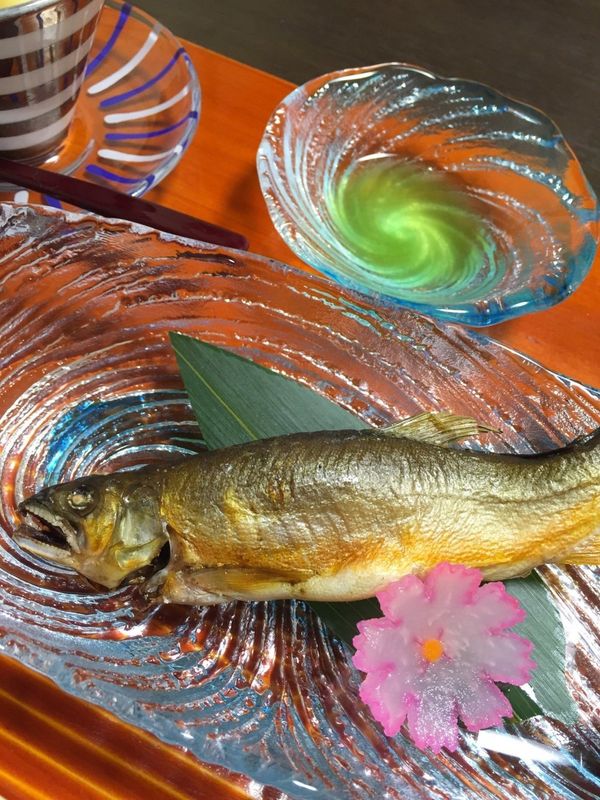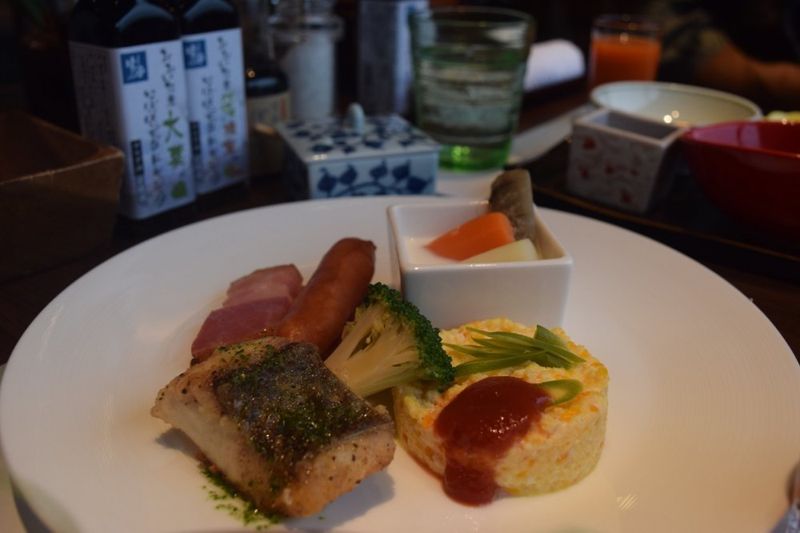Apr 25, 2025
Love the ryokan, skip the dinner?
I’ve come to appreciate many aspects of Japan’s culture during my years here, especially when traveling around the country. Staying at a ryokan is one of my favorite things to do when time and finances permit it, since it often feels like stepping into a slower, quieter world. There’s one part I’ve never fallen in love with fully, though, and that’s the food.
I know that might sound sacrilegious, especially in a country where food is so deeply tied to regional identity and pride. I get why ryokan meals are special, since each dish is so carefully prepared, often using seasonal and local ingredients, and the presentation is beautiful. It’s not always to my decidedly Western tastebuds, though, and usually I’d rather explore the town and try something heartier or more familiar. Still, it feels wrong to dismiss something so central to Japan’s hospitality culture.
Lately, though, it seems I’m not alone. Word on the street is that numerous ryokan across Kyoto have started scaling back or even cutting their in-house meals altogether, and it’s not just a matter of budget travelers skipping the dinner course.
The shift seems to be driven by a growing disconnect between what foreign visitors expect from Japanese cuisine and what ryokan traditionally serve. A lot of tourists seem to visit with excitement around trying Japanese food, but they’re thinking of sushi, ramen, wagyu, or tempura...not grilled fish with eyeballs staring back at you, simmered tofu, or pickled veggies. It’s fairly understandable, then, that when they sit down for a full-course ryokan meal, the reality doesn’t always match the image they had in mind. The article I linked to above noted that oftentimes, large portions of food go uneaten, or guests try to cancel their meal bookings mid-stay, long after the inn has already prepared the ingredients. It puts both guests and staff in an awkward position.

I get it -- some of the food options here can be confronting if you're more used to Western cuisine.
Some ryokan have adapted by offering simpler breakfast buffets, switching to bento boxes, or dropping meal services entirely. Others now help guests book tables at restaurants nearby instead. It makes business sense, especially with many ryokan seeing more foreign guests than domestic ones, but it also chips away at a part of traditional travel culture here.
Honestly, even if I personally prefer to eat out when I stay at a ryokan, I’d still be sad to see the traditional meal service disappear entirely. It’s not just about the food itself, but a big part of the hospitality of the stay. There's something special about the slow, quiet dinner brought to your room, and the way it feels like the ryokan is taking care of every part of your evening. I don't think you have to love every bite to see the value in that.
I think it makes sense for ryokan to adjust to changing demands, but I hope they don’t throw out tradition altogether. Maybe there’s room for compromise, like offering a fusion-style menu, or giving guests a clearer picture of what to expect before booking. I think it’s also a good reminder that part of what makes Japan special is that it doesn’t always cater to your comfort zone, and sometimes that’s the best part that promotes the most self-growth!

A very fusion-ish breakfast at a ryokan I stayed at in Beppu, Oita, with fish, bacon, sausage, a fancy looking egg omelet thingy, and some veggies.



0 Comments